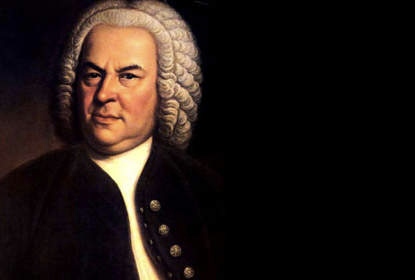Pedram Babaiee ( pronounced: pɛdrɑm bɑbɑɪ – پدرام بابایی ) is a post-classical/minimal music composer and producer -born on April 1992- distinguished as the bearer of Iranian music legacy in his generation of contemporary classical composers. His music has been resonated in some of the greatest concert halls and venues on the planet, including John F. Kennedy Center, etc.
Babaiee’s mostly known for impeccable catalog of his compositions in the Iranian solo and chamber music repertoire. He also has a notable background in composing and producing more than 24 hours of music for motion pictures, performing arts, featured films, etc. He has produced and published two albums from his own compositions and his debut album Piano Works: Portrait of an Imaginary Beloved had received many positive reviews and was announced 2019 The Album of the Year winner in the Classical Category by in solopiano.com website. Co-founded Tehran based art organization/ cultural hub, Rooberoo Mansion in 2016 and served the first year as head of the Production department there. In 2017, founded music production record label and also established his own string quartet ensemble, Bivác Ensemble.
Studio Albums
In 2018, his first EP release was published; From Love and Information – EP (2018) is a fragment, containing five pieces extracted from the 60 minutes length original music composed by Pedram Babaiee for the premiere performance of Caryl Churchill’s play Love and Information premiere in UMass Amherst, Directed by Nikoo Mamdoohi in 2016.
He also released his debut album in 2018, Piano Works: Portrait of an Imaginary Beloved (2018), containing some of his early works he wrote for solo piano – featuring himself as the performing artist in the album.
Quotes (Selected):
“I see music as the most powerful form of communication and Interaction; Much greater than any other language. An honest expression in which you can trust everything – an existence beyond ideas of right or wrong.”
“… The process is always foggy in the middle: It begins from a blank piece of paper, an empty sequence of digital audio workstation -and sometimes from an instrument- ends to a carefully mastered final product; But what happens in the middle could almost get me killed! …”
“Making musical textures out of pattern-based melodies is one of my personal favorite approaches in composition to look forward to. Generally, I’m more interested in writing for chamber orchestras and small ensembles, since I think it potentially represents a major work, except for that it leaves a little space for the listener, so that they can digest the conception with their own sense of imagination …”
” … I do like to use the elements from the heritage of Persian music, if possible; whether in orchestration or composition. However, most important filter of my works to be considered -finishing a work- is to make sure everything is in a reasonable harmony of form and content -theoretically and more from the music science aspect- and to make sure it is ideally as original as possible and emotionally comprehensible. …”
“… I always prefer using analog equipment, reels and ribbon microphones for the recording, if possible; You know, the real stuff …”
Works (completed by the end of May 2019)
• Violin Sonata No.1 in D major (three movements) • Cello Suite No.3 in Bb major (four movements) • Inertia Overture in A for String Orchestra • Viola Suite No.2 in Bb major (four movements) • Love and Information Suite for Chamber Ensemble and Electronics (seven acts)
String Quartets: • Frames in C minor (four movements) • Fragments in Ab major (four movements) • Fractions in G minor (four movements) • String Quartet no.1: in D minor (four movements) • String Quartet no. 2: in D minor (four movements)
Woodwind Quartet: • Infraction in Eb minor (three movements) Solo Piano: • Piano Suite No.1 in C# minor (four movements) • Flowers for M. in A minor (three movements) • Élegy for Afrooz in F# minor
Etudes, Sketches and Dedications:
• Sketches: Ongoing daily composition practices, in 1522 Parts (Ongoing) • Miniature Etudes: Pattern-Based experiments for various solo instruments /in 72 Parts (Ongoing)







